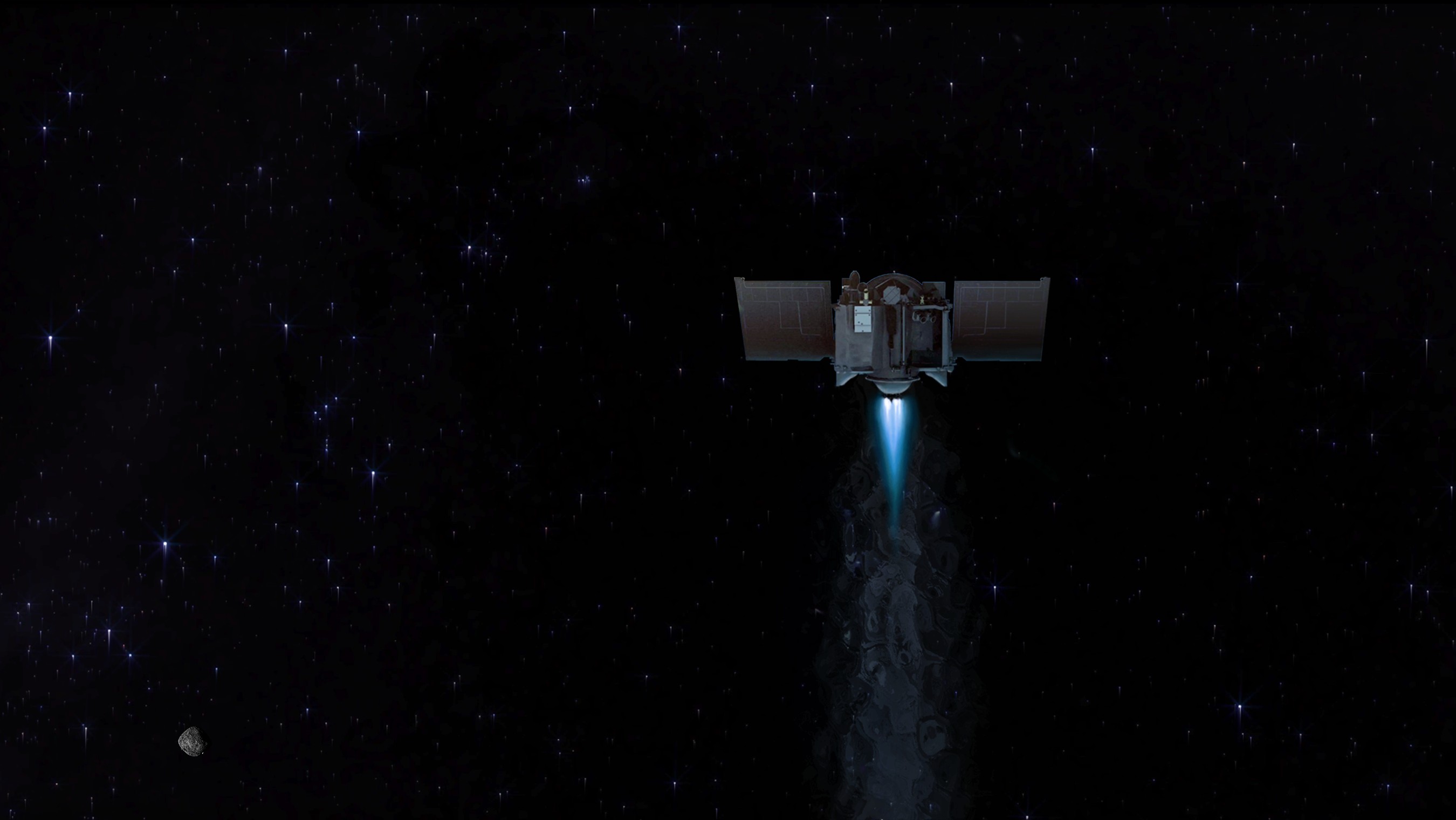Researchers are warning us that extraterrestrial organisms could hitch a ride on our ships and contaminate Earth. They allude to our ever-expanding exploration of the Solar System, which may increase the risk of biological invasion.
Human-assisted biological invasions into new environments pose a threat to the sustainability of ecosystems. Due to human activities, the rate of spread of microbes, invertebrates, vertebrates and other exotic plants across the planet has never been greater than it is today. Even the most remote regions of the planet are affected. Recent evidence has notably indicated that humans have inadvertently introduced drug-resistant enteric bacteria into the Antarctic ecosystem, infecting seabird and seal communities there.
For the time being, these biological invasions only affect the terrestrial environment, threatening various key sectors of our civilization such as agriculture, forestry, aquaculture or beekeeping. In an attempt to minimize these effects, stringent regulations and standards have been put in place, but what about the space domain?
Increasingly explored (and perhaps soon exploited) by private and public companies, space indeed appears as a new frontier of biosecurity risk . This revolution is such that regulatory and political frameworks have not yet followed. In the journal BioScience, a team of researchers proposes to take a serious look at these two-way contamination problems.
Indeed, space biosecurity is not just about transporting living organisms from Earth to other bodies in the Solar System. We could also imagine extraterrestrial biota, probably in microbial form, integrating a return mission to Earth.

At this time, these events are considered highly unlikely , in part because the harsh conditions of space make it difficult for potential organisms to survive. However, the risk will naturally become higher and higher as exploration and exploitation missions multiply.
“The search for life beyond our world is an exciting endeavor that could lead to a huge discovery in the not-too-distant future “, points out Anthony Ricciardi, of McGill University in Montreal, to LiveScience. “However, with the increase in space missions (including those intended to return samples to Earth), it is crucial to reduce the risks of biological contamination in both directions “.
In their study, the researchers recall the case of the Israeli lander Beresheet which crashed on the Moon in 2019 with thousands of tardigrades in its luggage. A study published in the journal Astrobiology recently concluded that these creatures, as resilient as they were, probably did not survive the impact, but that the incident illustrated the potential risks of biological invasions associated with human exploration. space.
In their paper, Dr. Ricciardi and other researchers therefore call for more collaborative studies between astrobiologists and biologists studying invasive species on Earth. They suggest increasing biosecurity protocols associated with space travel, focusing on early detection of potential biological contaminants and developing plans for rapid response to such detections.